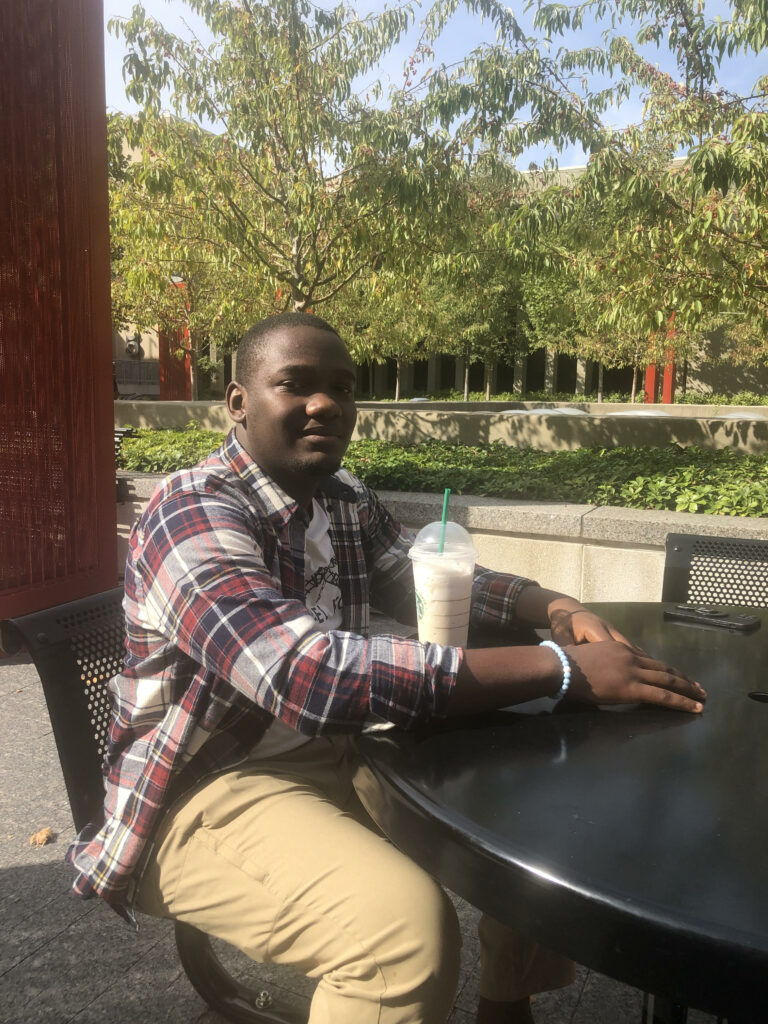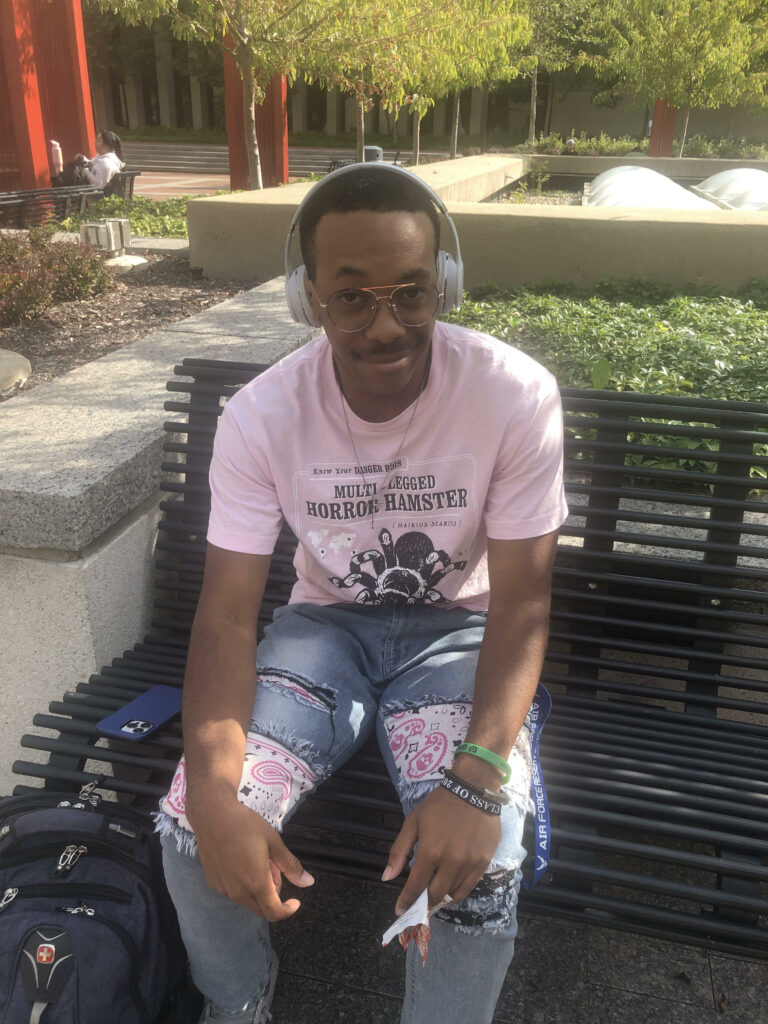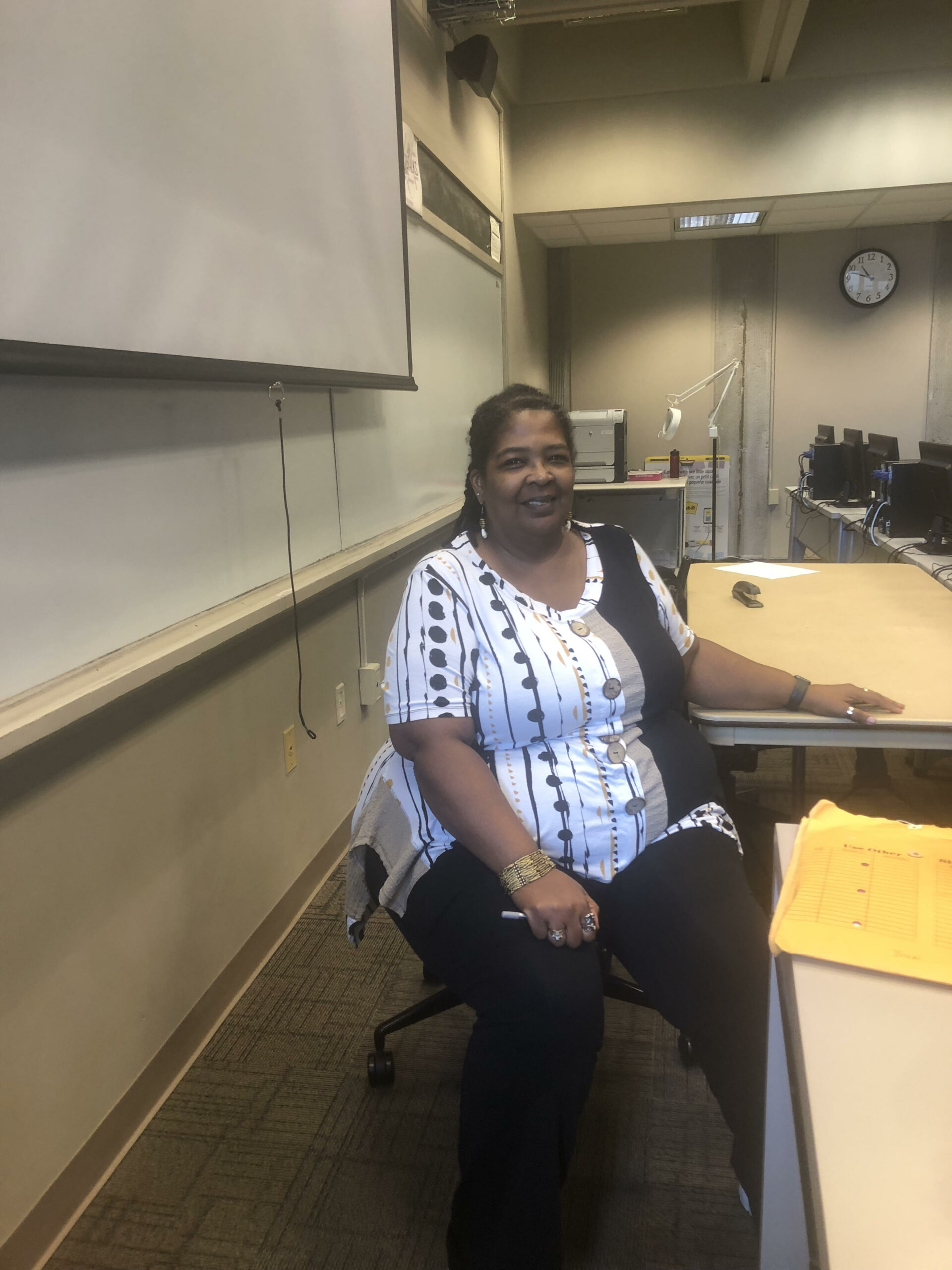Nature vs Nurture, this age-long debate has been around for quite some time, what is it exactly and how does it affect you? According to Saul Mcleod, a psychology teacher from the University of Manchester: “Nature is what we think of as a prewiring and is influenced by genetic inheritance and other biological factors. Nurture is generally taken as the influence of external factors after conception, e.g., the product of exposure, life experiences, and learning on an individual.” But is that true? How does our personal environment shape who we are? Are you really a product of your environment?
Crystal Echols, English language professor and author, said, “If it’s a nature vs. nurture question I think it’s nurture more than nature. I think we are formed by our families; I think we are formed by our experiences and as we grow and move through the world, we are formed by the people we choose to be around. I think that is the beauty of school, it exposes you to people outside of your immediate bubble and you get to see and consider others’ perspectives.”
Subconsciously start taking it in. When you feel you aren’t good enough, you start to believe it.
Where you grow up has a huge impact on how you see the world. A psychology science study has shown that in 2012 individuals from lower socioeconomic backgrounds tended to be more empathetic in situations where they perceived themselves as having low status or power. People who are raised in poverty are more likely to experience food insecurity, healthcare disparities, and lack of access to basic necessities. Reflecting on this aspect of things, Computer Networking major Fletcher sees his upbringing in Haiti as giving him the ability to better understand what others are going through.

“I was born in Haiti, where it’s a really poor country. Fortunately, my father was a good IT guy, so we had the opportunity to come to the U.S. and because I grew up in poverty, I see the world differently from others; I can empathize with people who grew up in poverty, I lived that before” said Fletcher.
Haitian-born Fletcher is following his father’s footsteps into the IT field. Growing up in poverty taught him to empathize with others. Photo: Myia Rainey
So, are we bound to follow in the footsteps of past generations? We aren’t according to Psychology major Noah Runyon.
“I feel like if you really choose to make a difference you can make a difference, we don’t have to do the same things, maybe a couple of people will but we aren’t bound to it,” Runyon said.
Runyon pictured hanging out at Sinclair’s downtown campus. He is also one of Professor Echols’ students. Photo: Myia Rainey
Your environment shapes who you are. Whether it’s a positive or negative outcome it’s a result of your upbringing, who you were raised by and around, the schools you went to, the neighborhood you grew up in, the friends you have, and the education you received are all apart of how you turn out, you are the product of your environment. But that doesn’t mean you have to stay that way, change is possible and needed.

Echols also said, “It’s the responsibility of every generation to find their way, that’s how the civil rights movement moved beyond Jim Crow, that’s how Me Too moved beyond sexual harassment, every generation has to track their own path, which for me means that everybody is responsible for being aware, being politically active and voting, I think voting is the most powerful thing that anyone can do.
Professor Echols- One of Sinclair’s many wonderful professors. Echols is an author who teaches English Composition 1 among other courses. Photo: Myia Rainey
So, how exactly does our environment determine who we are? How you were raised plays a key role in who you are as a person today. Parents have the greatest influence on who their kids become. Active parents who set high expectations and who have values and morals laid out for their children are more likely to produce confident children with high self-esteem whereas those with non-involved parents are less likely to have confidence and can do poorly in school.
Parental involvement has an impact on what you believe in, the way you communicate, and how you express your emotions. After all, emotions are hard, and we all have a way of dealing with them and your environment probably has more to do with that than you think. The people you spend time with, the way your room is set up, or staying in one place can take a toll on your emotional well-being. If the people you are surrounded by are constantly putting you down, even in a joking manner you sand voting as a generation would turn the world upside down.”
Myia Rainey, Reporter

